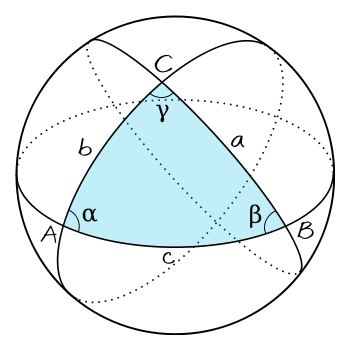How do you find the average rate of change for the function #f(x) =x^3# on the indicated intervals [2,h]?
1 Answer
Oct 10, 2015
Explanation:
The average rate of change is slope, which can be formulated by:
#(y_1 - y_2)/(x_1 - x_2)#
We have both x values, 2 and h, and therefore we can get the y values by plugging the x values back into the function:
#f(2) = 2^3 = 8#
#f(h) = h^3#
Now we can plug everything into the original equation:
#(8-h^3)/(2-h)#
We can take out a negative to make it look like this:
#(h^3 - 8)/(h-2)#
The top in this case is a difference of cubes, and can be simplified to this:
#((h-2)(h^2 + 2h + 4))/(h-2)#
We can then cancel the#(h-2)# value on the top and bottom.
#(cancel(h-2)(h^2 + 2h + 4))/(cancel(h-2)#
This leaves us with our answer
Hope this helped!

